Every parent, whether a first-timer or veteran, is worried about their baby’s health and wellbeing. Seeing their little one unwell already tugs on their heartstrings, and no parent can ever imagine losing their baby suddenly, without any apparent reason. Sudden infant death syndrome causes parents to undergo exactly this kind of emotional ordeal.
What is SIDS?
If a baby is less than a year old and suddenly dies due to inexplicable reasons, it is said to be sudden infant death syndrome or SIDS. By conducting an autopsy (a postmortem examination), investigating the scene of the infant's death, and reviewing the infant's full medical history, the doctor will first rule out all other causes of death. SIDS is most common before the baby is six months old and often happens when they are asleep in their cribs. Thus, the nickname "crib death."What are the causes of SIDS?
Exact sudden infant death syndrome causes are not known yet; however, it is believed to occur when a baby's body is unable to recognise when their oxygen level is low or when their blood's level of carbon dioxide has increased. Normally, when babies sleep on their stomach, they can rebreathe exhaled air, which increases the carbon dioxide level in their blood. This causes the baby’s brain to send a signal to the body to wake up and change the position of their head so that they can get more oxygen. In SIDS, however, the baby fails to wake up.Some researchers say SIDS may result from certain circumstances occurring simultaneously.
- The baby has some underlying condition that prevents him from reacting to low oxygen levels or high blood carbon dioxide levels.
- Some events could act as a trigger, e.g., a baby sleeping on their stomach (face down).
Both of these sudden infant death syndrome causes happen in the first 6 months of the baby’s life when the baby is more vulnerable.
What are the risk factors for SIDS?
Here are a few sudden infant death syndrome risk factors that are thought to make babies more vulnerable to SIDS:- Sleeping on their stomach.
- Feeling too hot when asleep.
- Exposure to cigarette smoke at home, in the car, or even while in the womb.
- Sleeping on a soft surface, such as a chair, couch, or other soft bedding.
- The mother receives little to no prenatal care.
- Mother below the age of 20 when she got pregnant for the first time.
- Baby's low birth weight or premature birth
- History of other siblings of the baby had died of SIDS
Methods To Prevent SIDS?
Although there is no fool-proof way for sudden infant death syndrome prevention, here are some expert-approved methods to reduce the risk:- When your baby sleeps or naps, make sure they are lying on their back.
- Make sure your baby sleeps on a firm mattress without any loose bedding or other soft items nearby.
- Do not cover your baby in extra blankets, and check for signs that the baby is feeling too hot like sweating or if their chest feels hot to the touch.
- Make sure your baby is up-to-date on vaccinations and receives regular health check-ups.
- Breastfeeding or providing your baby with breast milk lowers the risk of SIDS.
Expectant mothers should receive routine prenatal care and abstain from using alcohol, cigarettes, or illegal drugs both during pregnancy and after giving birth.
Your little one’s health and wellbeing are always going to be your primary concern. Knowing how to reduce the sudden infant death syndrome risk factors and giving your child a long and healthy life is something every parent should have in their bag of knowledge.
References:
- Boston Children’s Hospital. Sudden infant death syndrome (SIDS).
- Safe to Sleep NIH. Known risk factors for SIDS and other sleep-related causes of infant death.
- Safe to Sleep. Ways to reduce the risk of SIDS and other sleep-related causes of infant death.




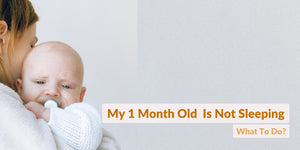

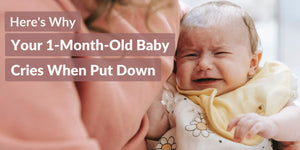
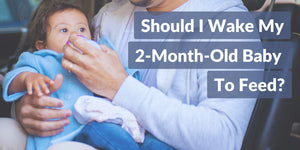
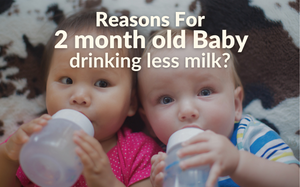
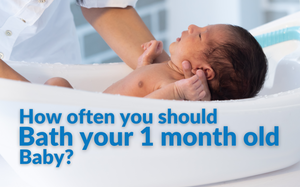
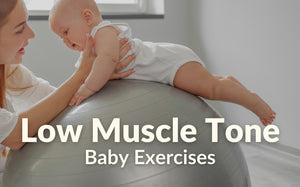


LEAVE A COMMENT